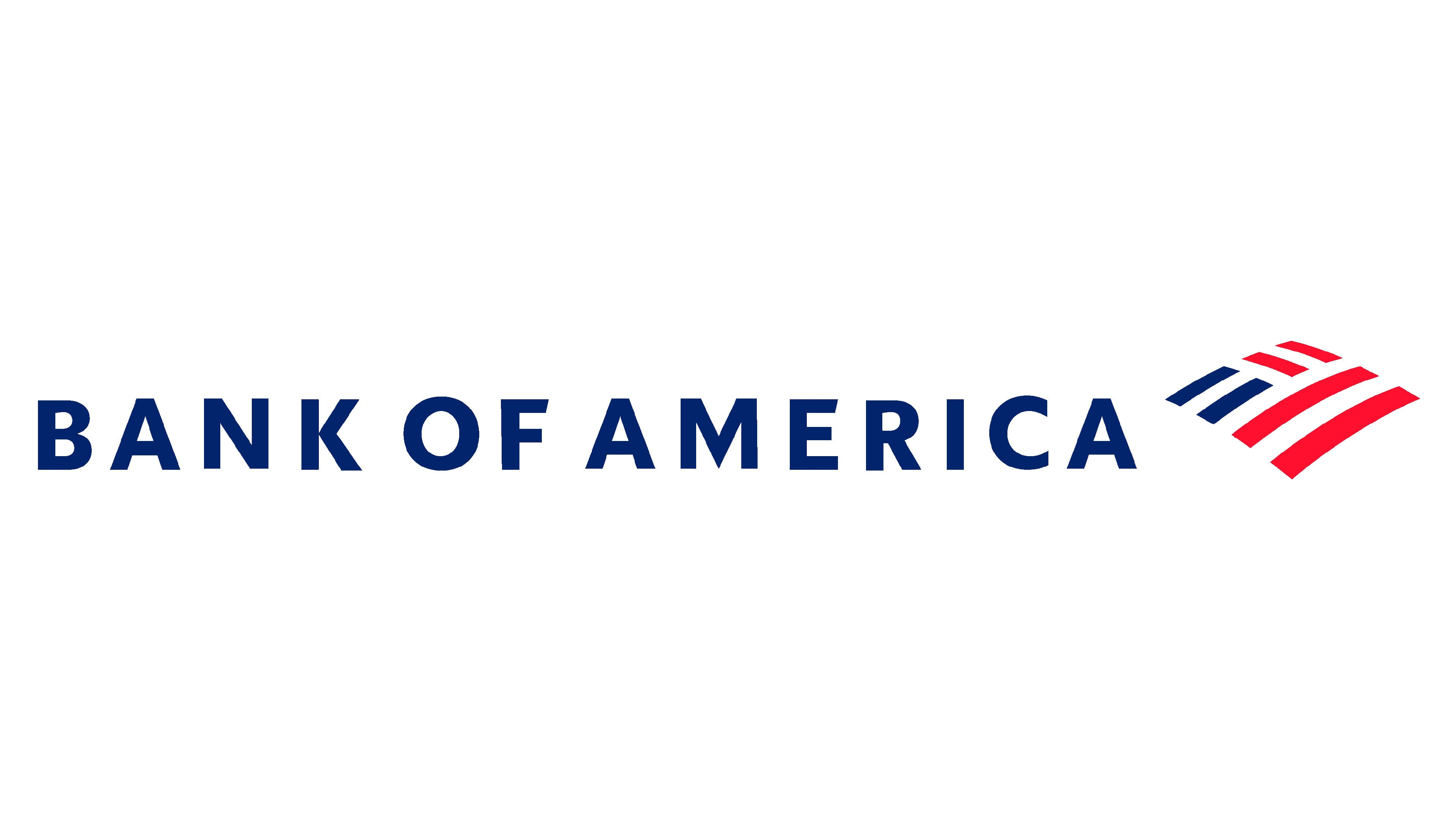Cognitive Ability & Personality Traits
explain up to 55% of variance in job performance
CVs
Resume screening
Interviews
Traditional interviews
Behavioral Tests
Science-backed assessments
Data based on 70+ years of scientific research across millions of candidates.
Behavioral assessments significantly outperform traditional methods.
Cognitive tests are everywhere
Top organizations around the world use them to find the best talent.
















* We are not affiliated with any of these organizations, but they reportedly use cognitive tests in their hiring processes.
Understand candidates with the Big Five traits
Our assessment leverages the NP100 personality framework, the world's most comprehensive personality test, providing deep insights into the Big Five traits, Hexaco dimensions, and specialized behavioral indicators.

Openness
High: Curious, imaginative, and eager to explore new ideas and experiences.
Low: Practical, traditional, and focused on familiar approaches.
Conscientiousness
High: Organized, reliable, and driven to achieve goals with discipline.
Low: Flexible, spontaneous, and comfortable with uncertainty.
Extraversion
High: Energetic, outgoing, and thrives in social interactions.
Low: Reserved, introspective, and prefers solitude or small groups.
Agreeableness
High: Compassionate, cooperative, and motivated to maintain harmony.
Low: Assertive, skeptical, and willing to challenge others.
Neuroticism
High: Sensitive, reactive, and prone to experiencing strong emotions.
Low: Calm, resilient, and handles stress well.

Openness
High: Curious, imaginative, and eager to explore new ideas and experiences.
Low: Practical, traditional, and focused on familiar approaches.
Conscientiousness
High: Organized, reliable, and driven to achieve goals with discipline.
Low: Flexible, spontaneous, and comfortable with uncertainty.
Extraversion
High: Energetic, outgoing, and thrives in social interactions.
Low: Reserved, introspective, and prefers solitude or small groups.
Agreeableness
High: Compassionate, cooperative, and motivated to maintain harmony.
Low: Assertive, skeptical, and willing to challenge others.
Neuroticism
High: Sensitive, reactive, and prone to experiencing strong emotions.
Low: Calm, resilient, and handles stress well.
Scientifically Validated
Based on decades of psychological research and validated across millions of respondents worldwide.
Predictive Accuracy
Cognitive loading higher than 90% ensures reliable prediction of workplace behavior and performance.
Comprehensive Analysis
Evaluates big5 traits, and 30 sub-facets.
Cognitive Ability is the best performance predictor
The higher the complexity of workplace tasks, the more cognitive ability becomes crucial. Our assessments evaluate mathematical, spatial, and fluid reasoning abilities.

Fluid Reasoning
Logical problem solving & pattern recognition

Spatial Intelligence
3D visualization & mental rotation skills
Scientific Foundation
Our assessments are built on decades of peer-reviewed research. Explore the scientific papers that validate our approach to predictive hiring.
Cognitive ability is the most powerful predictor of job performance, outperforming experience, education, and personality across all industries.
Cognitive ability, cognitive aptitudes, job knowledge, and job performance
Hunter, J. E., & Hunter, R. F.
Journal of Applied Psychology (1986)
Across 12 job categories and thousands of roles, general mental ability was the strongest predictor of hiring success and training performance, especially in complex jobs.
Meta-Analysis of the Validity of General Mental Ability for Different Occupations in the European Community
Salgado, J. F., Anderson, N., Moscoso, S., Bertua, C., de Fruyt, F., & Rolland, J.-P.
Journal of Applied Psychology (2003)
Based on over 630 datasets, general mental ability consistently predicted performance across all key metrics, confirming it as the most reliable hiring predictor.
Meta-Analysis of the Validity of General Mental Ability for Five Performance Criteria: Hunter and Hunter (1984) Revisited
Salgado, J. F., & Moscoso, S.
Frontiers in Psychology (2018)
Frequently Asked Questions
Everything you need to know about Aurora
How do you know Aurora's tests actually predict job performance?
Aurora's assessments are built on over 70 years of research showing that cognitive ability and personality traits are the strongest predictors of workplace performance. Meta-analyses on millions of data points confirm that these factors can explain up to 55% of job performance variance. Our algorithms apply this science directly to your hiring decisions.
What kind of tests does Aurora use, and why these?
We use short, high-impact assessments modeled after gold-standard tests:
- For cognitive ability: AGCT and Raven's Progressive Matrices, known for capturing general intelligence with over 90% cognitive loading.
- For personality: 100NP, a fast and validated implementation of the Big Five model.
These tests are brief yet powerful—designed to maximize accuracy while respecting candidates' time.
Are the scores adapted to different roles?
Yes. Aurora doesn't offer one-size-fits-all scores. Our platform matches each role with its ideal trait and ability profile based on large psychometric datasets. We've mapped 1,000+ job categories to identify which traits matter most for top performers in each role.
How were Aurora's assessments developed and validated?
Our tests were designed with input from psychologists and built on peer-reviewed scientific foundations. Every question and algorithm is validated through real-world job performance data and ongoing benchmarking. This ensures relevance, accuracy, and fairness across industries and candidate backgrounds.
Can Aurora be used to assess internal team members too?
Absolutely. Aurora isn't just for hiring—it's a tool for discovering hidden potential inside your team. You can benchmark current employees, identify strengths and gaps, and use science-based insights to guide internal promotions, role changes, or upskilling paths.